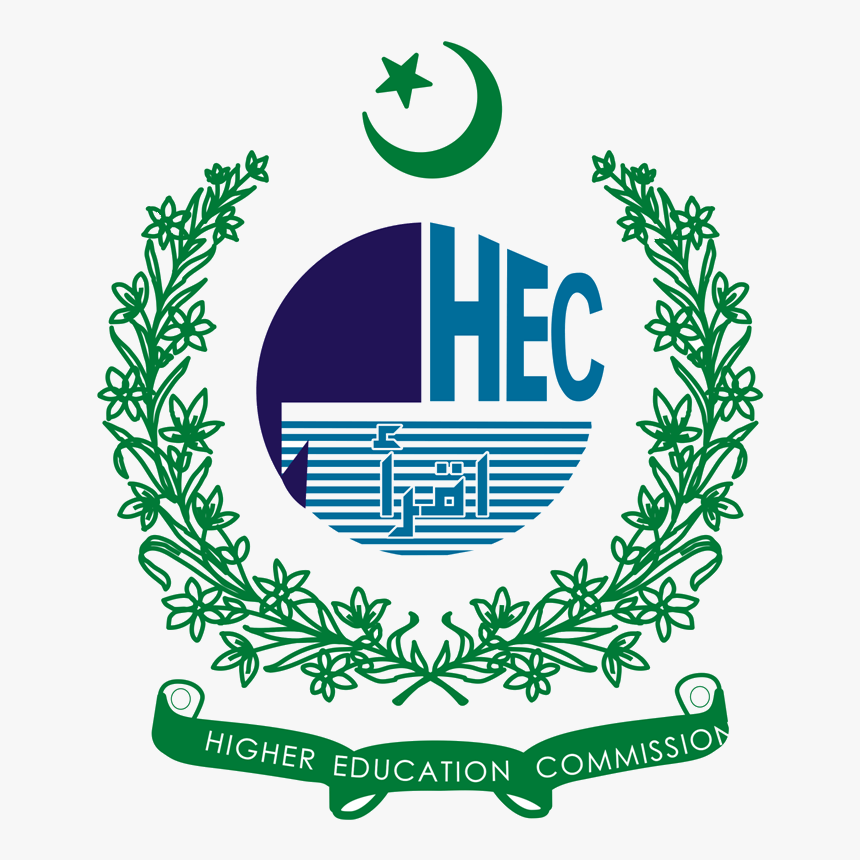Dr. Mukhtar Ahmed, the Chairman of HEC announced that 2-semester fees of universities would be returned to the students of private or public universities to compensate and help them with their problems until they recover and stand on their feet. The step is appreciable as the students pay a lot of fees for the universities and as the students would not be attending classes their fees would have been wasted anyway.
He added that HEC will take further steps to try and support our flood-affected students as much as possible, “We are also working out a proper plan for compensating the universities in the flood-hit areas.”
The HEC chairman further said in the press conference that HEC is concerned with the progression of technology education in the country and it is HEC’s priority, “Since technology and education are interlinked, we have to opt for policy to promote technology in the education sector of the country. During the Covid-19 pandemic, the idea of smart classrooms and technology did help in continuing the educational process sans any pause.”
He said that he is passionate about the upcoming initiatives of HEC to promote technology in Pakistan it would benefit the country in every way.
“We will adopt optimum world practices to ensure quality education through online and latest technology, and around 10 to 15% budget allocation is mandatory for each university for the distance education system, which will be increased to 50 percent after some time with a proper plan and consultation of all private and public universities,” he claimed.
Dr Ahmed said the HEC had also launched programs related to artificial intelligence and cyber security in many universities, including the Air University, NUST, and the UET, while other universities would also get these programs soon. He underlined the need for promoting skills education across the country, terming it more valued than simple educational degrees. He further said that skills education was playing important role in the development of the country.
He pointed out that underscoring is the biggest problem of awarding affiliation to colleges, the HEC chairman pointed out that universities had awarded affiliation to around 5,000 colleges so far across the country. “Such numbers of affiliations mean compromising the quality of education, a policy has been formulated to properly monitor the performance of affiliated colleges through inspection, an affiliation of the poor-performing colleges would be canceled.”
The Japanese delegation was coming to Pakistan next month for cooperation in the IT sector and such collaborations are becoming more and more common, the world is interested in the Pakistani youth’s tech-savvy minds. “Under MOUs with international universities, our students will study in the world’s top-ranked universities, HEC had a new department of global engagement, directly mandated for international collaboration to facilitate the students. We have suggested the foreign countries allow our institutions to open their campuses in their states,” he said.
Dr. Ahmed pointed out that there were no modern institutions in rural and far-away areas of the country, and stressed the need for establishing such types of universities for the uplift of these areas. Highlighting key issues in the higher education sector, he said, “We can significantly improve our educational institutions ranking by improving the quality and management in educational institutions and discouraging politics and grouping.
Replying to a question, the HEC chairman said, “Plagiarism is a mindset and a kind of theft under which one steals the thoughts or writings of others and claims them as one’s own. The HEC has worked out a mechanism for blacklisting the individuals involved in this wrong practice. Under the new policy, the fake complainant will also be blacklisted.”
Read More:





 Smart Farms Launched By Punjab Minister to Help Farmers Achieve Modern Farming
Smart Farms Launched By Punjab Minister to Help Farmers Achieve Modern Farming